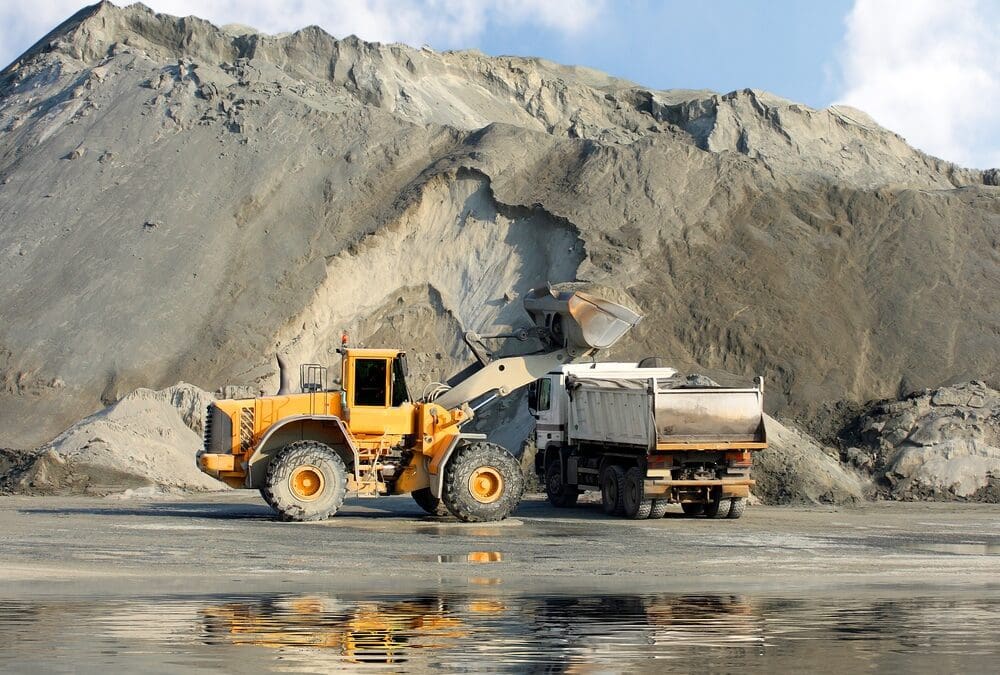The sustainable aggregates sector produces building products made from recycled construction waste.
Although somewhat regarded as a niche industry, a 2012 report from Hyder Consulting noted that, throughout 2008-09, 55 per cent of Australia's total building waste was recovered and recycled. The firm noted that some jurisdictions boasted even higher rates of recovery, with a few regions recycling more than 75 per cent of their construction waste.
Re-purposing construction waste is an extensive process, requiring facilities to remove tramp metal and carefully measure product distribution. If the sustainable aggregates industry expands, processing plants throughout the country will have to equip themselves with accurate, dependable industrial measuring instruments.
Accommodating an urban machine
Whether to develop concrete, structural components or other building materials, sustainable products will support Australia's growing urban population. The Department of Infrastructure and Regional Development's State of Australian Cities 2014-2015 report showed that, at the time of the study, more than 75 per cent of Australians lived in the nation's 20 largest cities.
Furthermore, 60 per cent of the country's population resided in Sydney, Perth, Adelaide, Melbourne and Brisbane, a clear indicator that the nation is one defined by metropolitan living.
The country's population will grow at a consistent rate for the foreseeable future. According to the Australian Bureau of Statistics, between 36.8 million and 48.3 million people will call the country home by 2061. The estimates were based on predicted fertility rates, immigration and other factors.
Given these statistics, it's evident that the nation's construction industry will need to sustain consistent material supply chains. Some could argue that sustainable aggregates offer greater consistency than sand and gravel quarrying.
Are sustainable aggregates more affordable?
Deducing whether or not it's more feasible to source recycled construction products than it is to procure land-based alternatives requires assiduous economic analysis. Every building project has its own stipulations and needs, which leaves little flexibility for contractors obligated to use the most dependable materials.
A white paper developed by Clean Technologies maintained that construction products made from recycled materials are often more affordable than virgin alternatives. This efficiency lies in the cost per tonne as well as transportation expenses. Because sustainable aggregates plants are often located closer to urban environments (and therefore construction sites), procurement officers can avoid the costs associated with mines and quarries.
Clean Technologies noted that the industry is growing more sophisticated, using innovative technologies to reprocess construction waste more effectively. Plant managers should contract industrial instrumentation services to ensure the devices they use to monitor operations are working appropriately.



Recent Comments